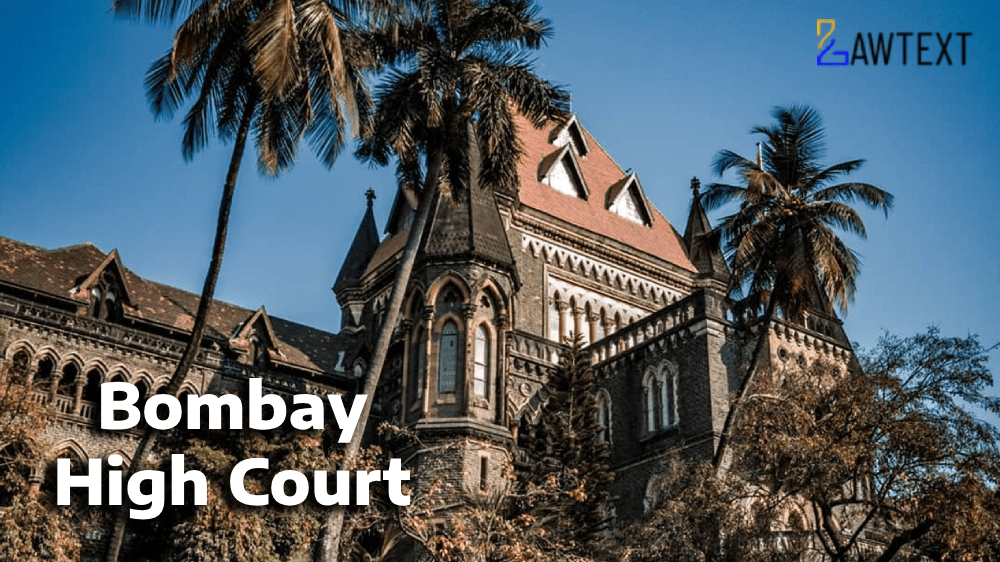

Typographical Correction
Hearing Details
Case Summary
Factual Allegations
Settlement Proceedings
Legal Analysis
Court’s Decision
1. Typographical Correction (Para 1)
Leave granted for amendments to correct typographical errors.
2. Hearing Details (Para 2-3)
Discussion of legal representation and background of the case.
3. FIR and Charges (Para 3-4)
Details of FIR registered under IPC and Dowry Prohibition Act, allegations of abuse, assault, and dowry demands.
4. Nature of Allegations (Para 5)
Specific incidents include harassment, assault, and retention of stridhan.
5. Medical and Witness Evidence (Para 5)
Medical reports corroborate allegations of nasal bone fracture.
6. Settlement and Divorce (Para 6)
Parties settled disputes during divorce proceedings, including child custody.
7. Informant’s Consent (Para 7)
Informant affirmed no objection to quashing proceedings.
8. Legal Precedents (Para 11)
Supreme Court judgments on the quashing of criminal proceedings post-settlement referenced.
9. Welfare of Parties and Child (Para 13)
Court emphasizes future welfare and peace between parties.
10. Order and Relief (Para 14)
FIR and charge-sheet quashed; proceedings concluded.
Indian Penal Code (IPC):
Dowry Prohibition Act:
Code of Criminal Procedure (CrPC):
Constitution of India:
The court underscored the discretionary power under Section 482 CrPC to quash criminal proceedings for non-heinous, private disputes where a voluntary settlement is reached, especially when future welfare and justice demand such intervention.
Quashing of criminal proceedings, matrimonial disputes, voluntary settlement.
Dowry Prohibition Act, Section 482 CrPC, mutual divorce, matrimonial offenses, family law, child welfare, settlement in criminal cases.
Citation: 2024 LawText (BOM) (11) 135
Case Number: CRIMINAL APPLICATION NO. 978 OF 2024
Date of Decision: 2024-11-13
Case Title: Rushik Rajendra Shah & Ors. Versus Ruchika Rushik Shah & Anr.
Before Judge: SARANG V. KOTWAL & DR. NEELA GOKHALE, JJ.
Advocate(s): Mr. Shyamrishi Pathak a/w. Gayatri P. a/w. Jyoti Barai for Applicants. Mr. Anand S. Shalgaokar, APP for State/Respondent. Ms. Rimpal Trivedi a/w. Harshada Bhanushali for Respondent No.1.
Appellant: Rushik Rajendra Shah & Ors.
Respondent: Ruchika Rushik Shah & Anr.